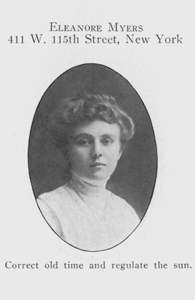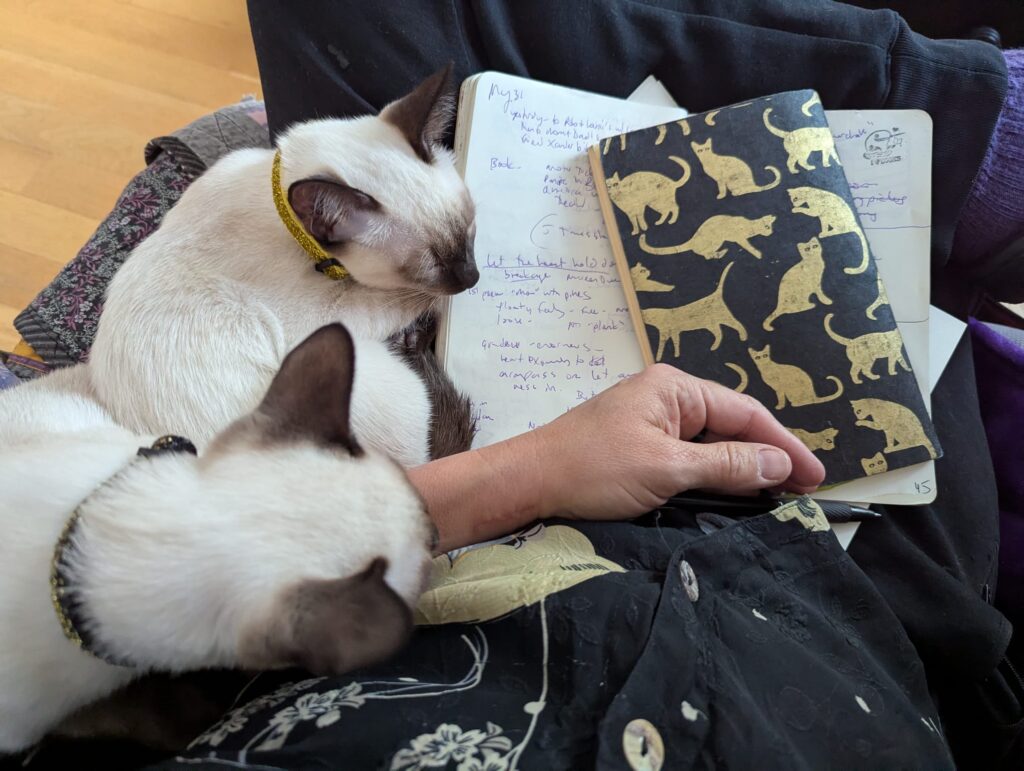Another of the books in the pile from my mom – Judith and Jane – from 1925 – was completely separated from the spine with the pages detached, so I read it carefully on the dining room table yesterday. It was somewhat similar to Plain Jane and Pretty Betty as the story has a poor girl who is happy and a rich girl who is miserable, and they eventually become besties.
It also made me cry, as these books tend to do nowadays. Not sure what happened, since I was a heartless wretch as a child and would just laugh at any hint of sentiment, mocking it relentlessly, while now in my 50s I can feel myself winding up to weep into my hoodie as soon as one of the girls contemplates her sorrows or there is any sort of heart to heart talk!
So here is the plot synopsis with some commentary. Jane is the poor but happy girl, in a boarding house in 1920s New York City, living with her mother who works as a magazine editor. Her father died recently – within the last few months to a year – And her mother got an invitation for Jane to be a scholarship student at Mrs Something’s School for Girls.
Meanwhile, in the 6th grade at Mrs Whatever’s School for Snooty-Ass Bitches, vivacious, rich Judy is extremely popular, but secretly unhappy, as her mother is dead and her beloved father doesn’t really pay attention to her. He is an important banker or something. Her governness and all the servants in their mansion barely even remember how old she is on her birthday, her presents suck because they are like, dollies and frills and she is TWELVE and her party is boring because it’s the same overblown children’s entertainers as ever. She is not allowed to have her mother’s miniature in her room to weep over because it was painted by some famous artist. Awkward times at the old mansion! Judy compensates by acting out in school so she can always be the center of attention. So when Jane shows up, Judy is a huge snob and the other girls follow suit. Plus they are just puzzled at the thought of someone having no father and their mother isn’t even in Who’s Who! OMG!
The teachers are overwhelmed by the terrible behavior of the 6th grade class and especially Judy, except for Eleanore Myers Jewett’s self-insert character, the history and English teacher, Miss Kelly.
Jane’s mother points out that Judy must have something good in her, because her rizz dominates the classroom so hard. Jane kind of sees it and wishes they could be friends BUT NO.
Quick fast forward: Interspersed with scenes of Judy’s secret misery, we see Jane being treated unjustly. Not invited to Judy’s stupid party – Jane gets the best part in the class play (Puck in Midsummer Night’s Dream) Judy is Jealous but secretly delivers flowers to Jane (!!!) – Accused of being a goody two shoes – Dared by the class to do something that the principal had just completely forbidden on pain of expulsion – Jane finds out she only got the scholarship because the other students suck and they needed to get someone smart in – Same for Miss Kelly, the only competent teacher – Jane suspected unjustly of stealing a beautifully illustrated book from a classmate AND EXPELLED on the very day that her mother is in a horrible subway accident and in the hospital, unconscious!
Jane moves in with her minister and minister’s wife who conveniently live in the same boarding house in the slums. Shit happens fast. The minister goes to the principal – Miss Kelly also intervenes – Judy has an enormous realization that she sucks, is sad, actually likes and admires Judy, wishes she could hang out with Judy’s beautiful and smiling motherly mother, etc. TURN ON THE WATERWORKS because they have a gorgeous talk and agree to be BFFs. They both secretly dream of becoming AUTHORESSES! They write poetry and stories! Jane then gets the riding lessons of her dreams including a full riding outfit and little ivory-handled riding crop, gets comfy in the mansion, and impresses Mr. Judy the Banker with her happy childlike laughter and ability to touch-type.
Back in the classroom, Miss Kelly assigns the 6th grade to think of a high old brick wall. If they could climb over it for the first time, what would they see? It turns out Judy at her summer mansion actually has an old stone wall she used to stare at but didn’t want to look over, exactly because she liked to imagine something amazing was there. Looking would ruin the fantasy. Someone mentions the Land of Happy Dreams (or something)
The girls then produce a zine!!! I’m not joking! They write all the stories and poems for their magazine, Jane types it all, and they produce two issues, one for Judy’s dad and one for Jane’s mom who is still in the hospital months later at Christmas, unable to walk!
Turns out Mr. Judy is on the Board of that very hospital and visits with Jane and Judy and gets Mrs. Jane a private room so she can have more frequent visits!
Mr. Judy becomes much much nicer, and has learned to be a real Father in a real homelike, cozy, listening to his daughter, way!
A famous surgeon found by Mr. Judy then repairs Mrs. Jane’s spine!
Jane meanwhile sent off one of her mother’s stories to an editor and it wins $300 in a contest, which I believe may have been enough to pay the surgeon (!?) But also Jane is invited to Judy’s summer mansion and is working very short mornings as Mr. Judy’s typist so that she doesn’t feel beholden!
Jane and Judy (led by Judy’s still naughty spirit) ride off without their groom early one morning, Judy is thrown from a horse, and then they are KIDNAPPED BY ROUGH MEN in a CAR and taken to the slums of NYC somewhere! The rough men’s … wife or mother or something … is roughly kind to them and won’t let them be hurt! But also won’t let them escape. Jane escapes, wanders around the slummiest slum, then into a diner full of rough and dirty men who do not help her but then the smallest dirtiest man gives her his LAST NICKEL and is kind – Police come – everyone rescues – Jane worries aboout rewarding the one kind and poor man and is informed the slum is only a slum because people were poor and that maybe unions will help them and the kind man is an anarchist organizer!
I had not predicted either a kidnapping, or that the girls would be RESCUED BY ANARCHISTS!
You can see the ending I hope! It lies just over the stone garden wall ! In the LAND OF HAPPY DREAMS AND ANARCHY.
Everyone is really truly sisters and lives happily ever after, with the note that even though their hopes and dreams change as they grow up, they have learned they should always work steadily towards them!
Of course I had to look up Eleanore Myers Jewett. She had the barest stub of a Wikipedia page, so I added a little to improve it, from a few decent looking sources. I would have to go lookking in histories of children’s books, or maybe newspapers or something with contemporary book reviews, to find out more to add.
Surprise (not) she had a PhD in medieval English and comparative literature, and worked for a while as a middle school English and history teacher! I love her now.
This book easily could have become a series. Judith and Jane at the Rodeo! Judith and Jane go Deep Sea Fishing! Judith and Jane March for Women’s Suffrage! I feel a pang that these books don’t exist.

Next up, Plain Jane and Pretty Betty.
I also plan to (re-)read some classics of Russian literature to offset the silly Inspector Rostinov detective series.

